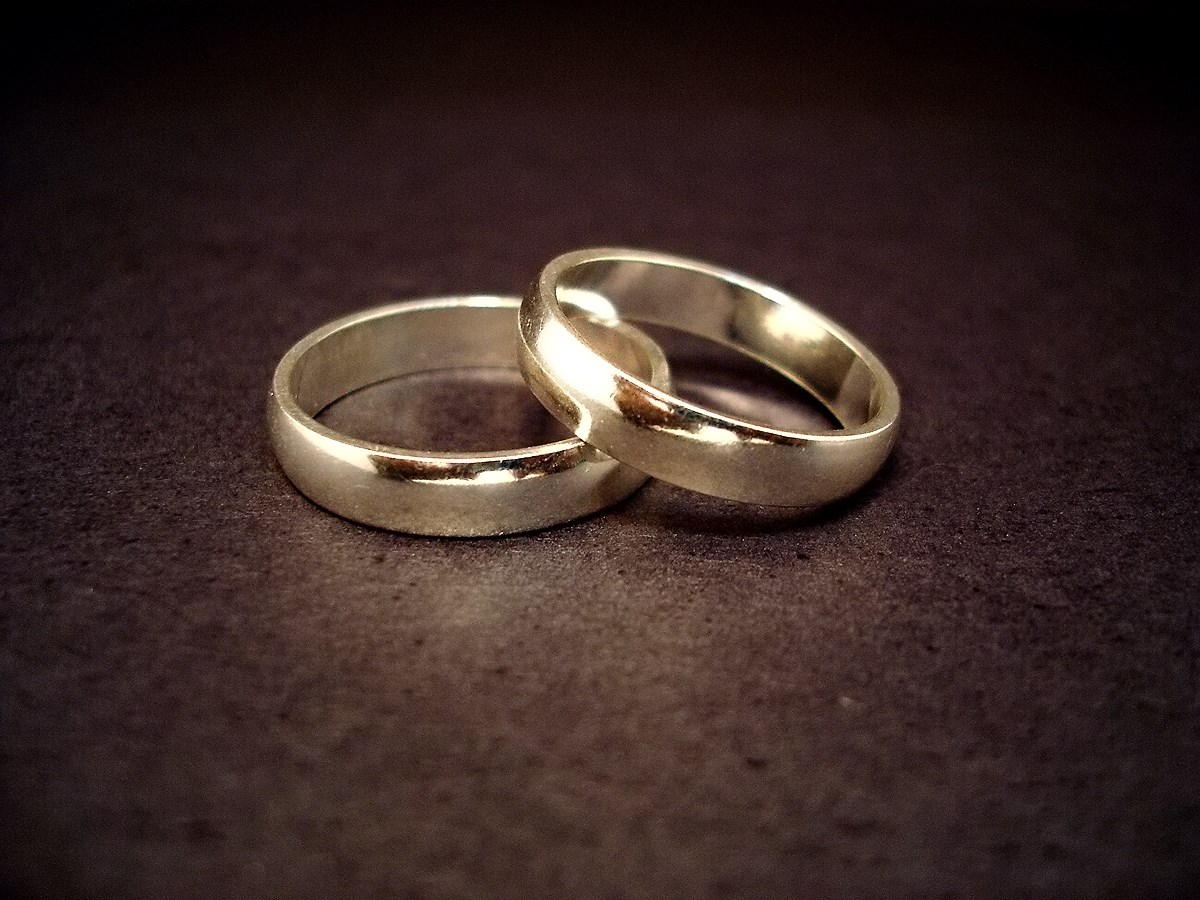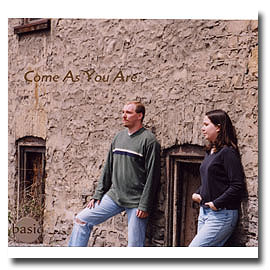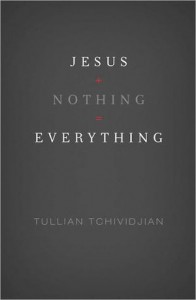I have been reminded of and pondering the fruit of the spirit again recently.
The Fruits of the Spirit are an easy Sunday School object lesson. We are all familiar with, and most of us love to eat, fruit. Fruit is colorful, comes in various interesting shapes, and is delicious; and also provides sustenance. Who doesn’t love food?
I think somewhere along the way I picked up the notion that this “fruit” in Galatians was something to strive to produce. Like a hard working farmer, growing the best produce. With the right seeds, cultivation, pruning, and watchful care, your Fruits (of the Spirit) will be wonderful—a blessing to all!
But through the years, I’ve come to understand this differently.
What Is Fruit?
Fruit is the edible produce of the life within the vine or the tree. The sun and soil and water give life to the plant which produces this final delicious and satisfying treat. While we who farm (note: it might be a stretch to use the pronoun “we” in this instance) do have a role in the process, it truly is God who provides the harvest. (Even if we are able to completely synthesize all of the above elements, we can not, from nothing, create the seed which produces life.)
Galatians 5, a familiar passage, says:
“But the fruit of the Spirit is…”
Fruit is what the life within produces. Apples come from apple trees, in various varieties. Peaches from peach trees, grapes from grape vines. So it is with these “fruits”—they are produced by the Holy Spirit in those whose lives are in him.
Paul lists for us some examples of the kind of “fruit” that is produced by the life of the Holy Spirit in us:
But the Holy Spirit produces this kind of fruit in our lives:
- love,
- joy,
- peace,
- patience,
- kindness,
- goodness,
- faithfulness,
- gentleness,
- and self-control.
There is no law against these things!
Jesus also used the example of fruit to represent what God produces in us. He told his disciples that apart from the vine, we can do nothing.
“Yes, I am the vine; you are the branches. Those who remain in me, and I in them, will produce much fruit. For apart from me you can do nothing.” —John 15:5
Where Does Fruit Come From?
I think we get tripped up on the wording sometimes. For example, James mentions fruit in chapter three of his letter, where he implores his readers to “prove” they are wise and understand God’s ways by “living an honorable life, doing good works with the humility that comes from wisdom.”1 And a couple verses later he says:
But the wisdom from above is first of all pure. It is also peace loving, gentle at all times, and willing to yield to others. It is full of mercy and the fruit of good deeds. It shows no favoritism and is always sincere. And those who are peacemakers will plant seeds of peace and reap a harvest of righteousness. —James 3:17-18
In these words, and actually, in the much of the letter from James, it is easy to get the impression that we who follow Jesus need to be sure to do our part in producing the fruit. Faith without works is dead, right?2 And here James, by using the word “prove” implies again (perhaps only out of context) that the hearer of this exhortation is the one upon whom the burden of proof rests.
And while I note similarities in his list of these proofs above, let’s look again at the way Jesus and Paul word this same idea.
Jesus: “Apart from me you can do nothing.”
Paul: “The Holy Spirit produces this kind of fruit…”
Wait, there’s one more. Look what Paul says in another of his letters, this one to the believers in Philippi:
I pray that your love will overflow more and more, and that you will keep on growing in knowledge and understanding. For I want you to understand what really matters, so that you may live pure and blameless lives until the day of Christ’s return. May you always be filled with the fruit of your salvation—the righteous character produced in your life by Jesus Christ—for this will bring much glory and praise to God. — Philippians 1:9-11 (emphasis mine)
Paul reinforces what I think Jesus is trying to get across to his people—this is his work in us, not ours. The fruit is from the Holy Spirit (Jesus!) in us, as we remain in him.
Why do we miss that? Or is it just me who misses it?
I am going to put the whole chapter at the end of this post here, because I think the context is important, too. We could get into so much more here regarding life in the Spirit, but what I am hoping to do over the next time interval (who knows how long it will be) is to look at each one of these fruits individually and think about what that might look like in me, in us, and in our world today.
But the bottom line here is, it’s not my fruit.
To the glory and praise of God, may we all remain in the Vine, and see the bountiful harvest that he produces in us and in the world as we do.
GALATIANS 5
16 So I say, let the Holy Spirit guide your lives. Then you won’t be doing what your sinful nature craves. 17 The sinful nature wants to do evil, which is just the opposite of what the Spirit wants. And the Spirit gives us desires that are the opposite of what the sinful nature desires. These two forces are constantly fighting each other, so you are not free to carry out your good intentions. 18 But when you are directed by the Spirit, you are not under obligation to the law of Moses.
19 When you follow the desires of your sinful nature, the results are very clear: sexual immorality, impurity, lustful pleasures,20 idolatry, sorcery, hostility, quarreling, jealousy, outbursts of anger, selfish ambition, dissension, division, 21 envy, drunkenness, wild parties, and other sins like these. Let me tell you again, as I have before, that anyone living that sort of life will not inherit the Kingdom of God.
22 But the Holy Spirit produces this kind of fruit in our lives: love, joy, peace, patience, kindness, goodness, faithfulness,23 gentleness, and self-control. There is no law against these things!
24 Those who belong to Christ Jesus have nailed the passions and desires of their sinful nature to his cross and crucified them there. 25 Since we are living by the Spirit, let us follow the Spirit’s leading in every part of our lives. 26 Let us not become conceited, or provoke one another, or be jealous of one another.







 Strength.
Strength.
 I am not very comfortable in “Christian” settings. For a long time now, I’ve said that I “don’t like Christians”, but that’s meant to be at least somewhat tongue-in-cheek. I know that Jesus is life, that there is no life outside of him; and for me, everything I do, and see, and experience runs through that filter.
I am not very comfortable in “Christian” settings. For a long time now, I’ve said that I “don’t like Christians”, but that’s meant to be at least somewhat tongue-in-cheek. I know that Jesus is life, that there is no life outside of him; and for me, everything I do, and see, and experience runs through that filter.
 In many places within the pages of the Bible we read that Jesus was without sin. He who had no sin became sin for us… He is the spotless lamb… He faced all the same temptations we do, but he did not sin.
In many places within the pages of the Bible we read that Jesus was without sin. He who had no sin became sin for us… He is the spotless lamb… He faced all the same temptations we do, but he did not sin.